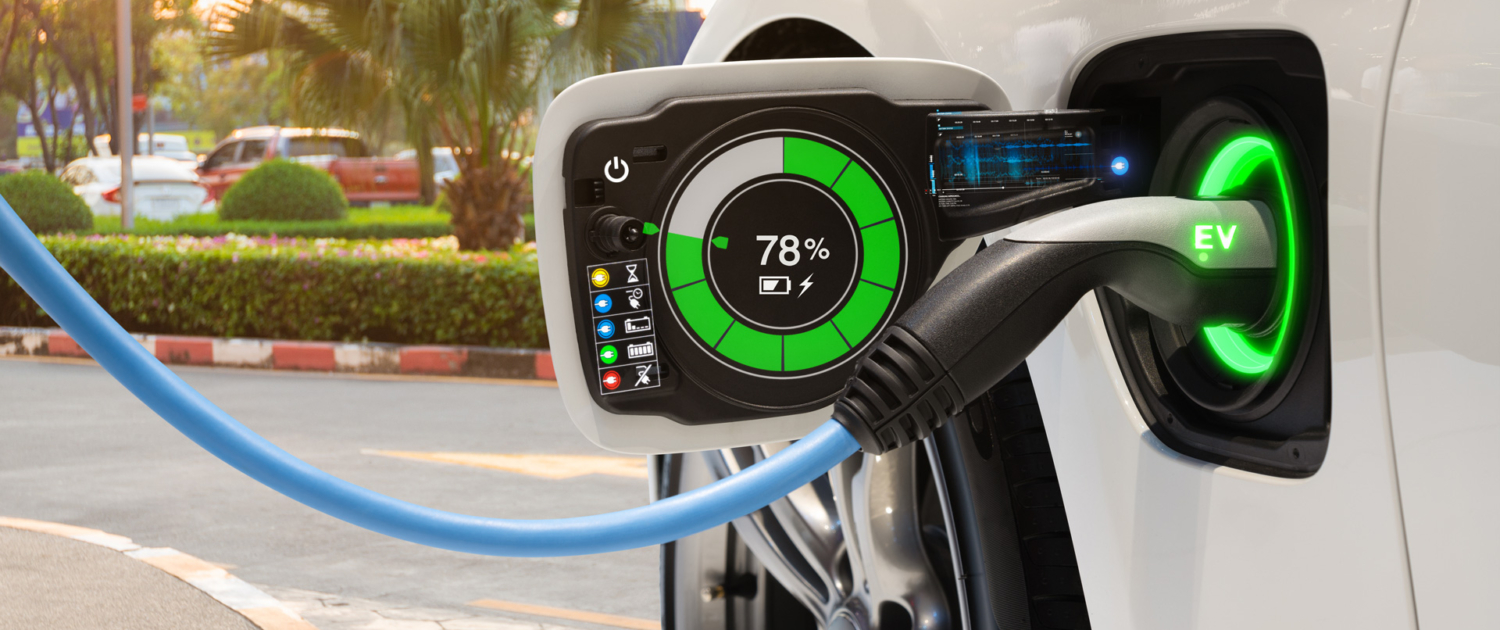advertisement
Kenya Power Backs E-Mobility With $1.9 Million

Electricity distributor Kenya Power has announced a significant investment to bolster the adoption of electric vehicles (EVs). Scheduled over the next three years, they will channel over $1.9 million into the project.
This follows their unveiling of a charging station at Stima Plaza, Nairobi, equipped with two chargers, a 50 kW DC fast charger with a one-hour charge time; and a 22 kW AC charger with a two-hour charge time. It makes this the company’s second EV charging station after their earlier installation at the Ruaraka Depot station catering to their internal transport section that will eventually include a fleet of electric vehicles.
The scarcity of charging stations continues to hinder e-mobility locally. However, Kenya Power plans to address this challenge by establishing nine charging stations before July 2024. These stations are set to be located in Donholm, Nakuru, Mombasa, Mtito Andei, Kisumu, Eldoret, Roysambu, Electricity House in Nairobi, and at Ragati.
advertisement
“We have set aside an annual budget of over $148,000 to set up EV charging stations at all our offices across the country. Beyond the additional EV charging stations that we intend to put up in the current financial year, we intend to install 10 additional facilities annually in 2025 and 2026,” said Kenya Power’s Managing Director, Joseph Siror.
He further revealed plans to expand the company’s electric vehicle fleet. Two new heavy-duty electric vehicles have already been introduced for routine operations with an additional nine electric vehicles (including both heavy and light-duty models) and 25 electric motorcycles targeted for acquisition by December 2024. This initiative aligns with a successful pilot of 13 electric motorcycles in collaboration with UNEP in 2021.
Kenya Power is further implementing the e-mobility tariff approved by the Energy and Petroleum Regulatory Authority (EPRA) offering significant cost savings to EV owners. EPRA set these tariffs at Kshs 16 per kWh during peak periods and Kshs 8 per kWh during off-peak periods, a significant reduction from the domestic tariffs charged at about Kshs 20 per kWh. The e-mobility tariff offers EV owners significantly reduced rates compared to standard residential, commercial, and industrial tariffs.
advertisement
In addition, the company has spearheaded the annual E-Mobility Conference, fostering collaboration among industry stakeholders and facilitating the development of frameworks for sectoral growth. A collaborative approach that according to Jerotich Seii, Chairperson of the Electric Mobility Taskforce, aims to develop robust frameworks that will propel the growth of the e-mobility sector. “The e-mobility policy in Kenya is overdue. We are happy as a task force to be the ones who are introducing this innovative approach to transport and its management.”